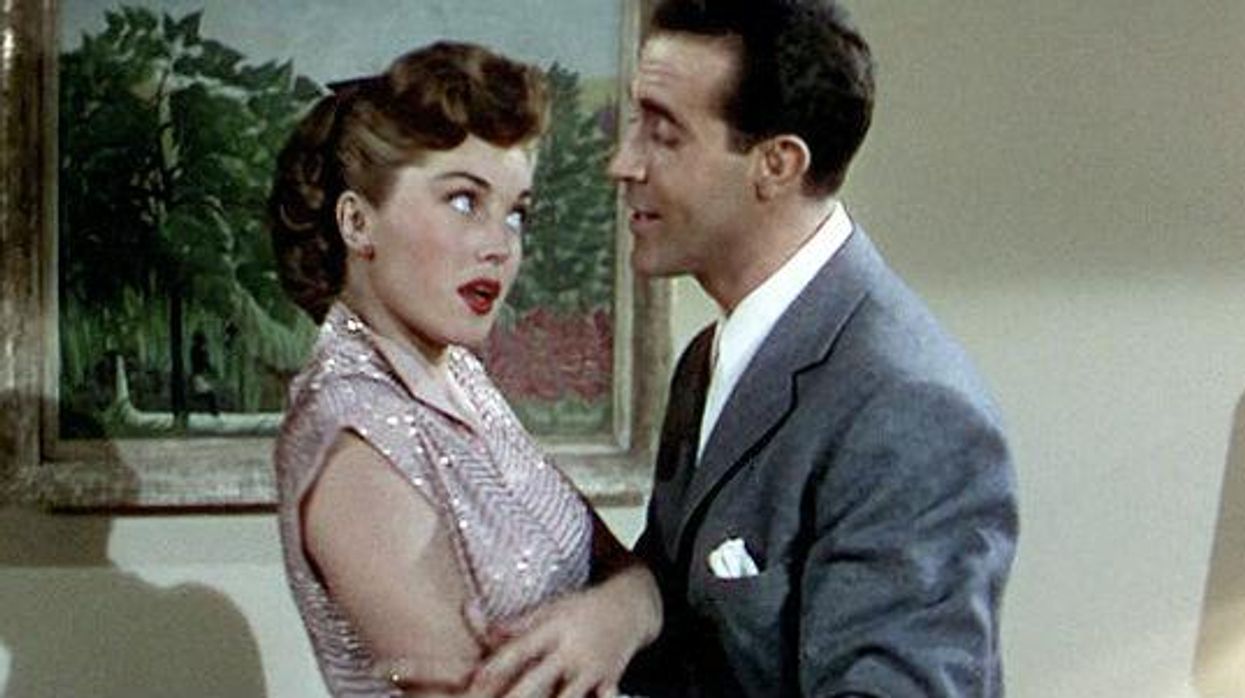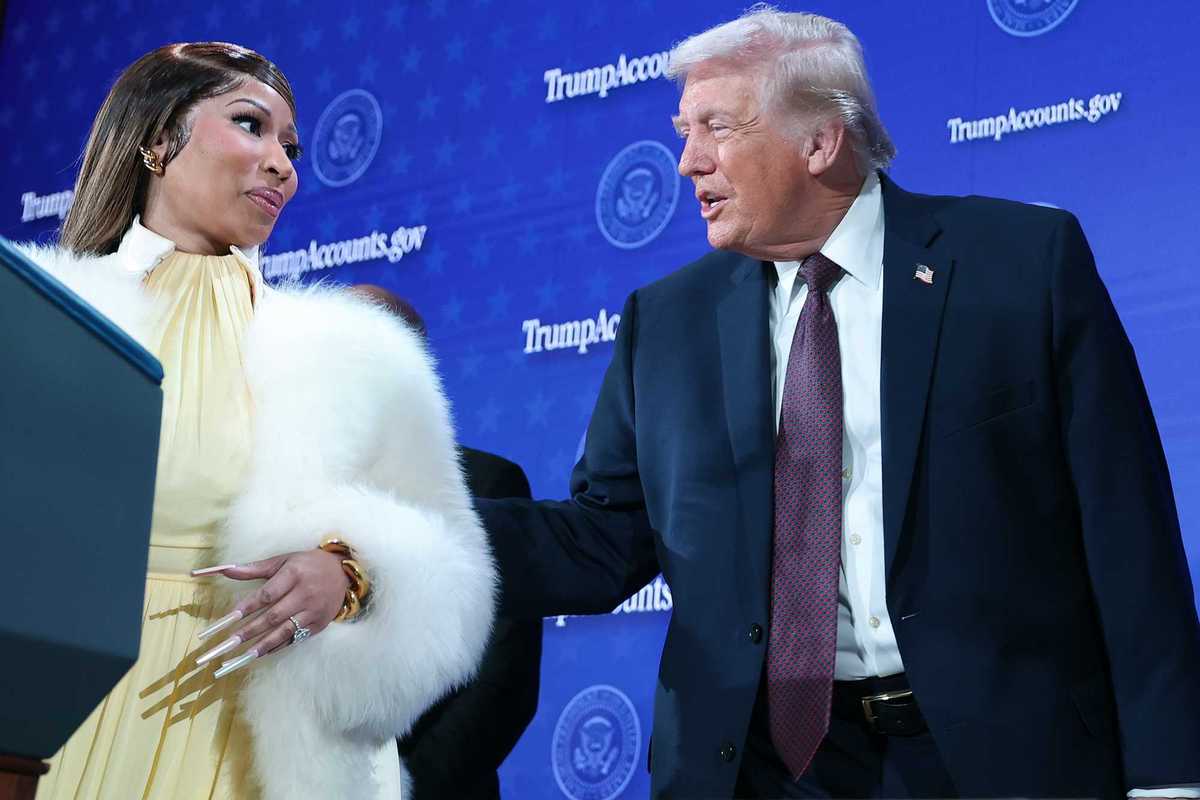News
Narjas Zatat
Dec 05, 2018

Picture:
Baby, It's Cold Outside YouTube screengrab
A number of radio stations across the United States and Canada are banning the Christmas song 'Baby, It’s Cold Outside' over criticisms that the lyrics are about rape.
The song, written by Guys and Dolls writer Frank Loesser in 1944, has been the target of disapproval.
The lyrics are about a woman who is trying to remove herself from a date and repeatedly saying ‘no, no, no’ as a man insists she stays as he moves closer, pours more alcohol and cautions her against the weather outside.
Popular around Christmas time, the song promotes rape, critics say.
The radio station KOIT radio even launched a poll on their website to let their listeners decide if they should ban the song or not, and - following results - program director Brian Figula made the decision to remove it.
The decision has prompted mass anger online who argue that isn’t at all about rape culture
Now, an English teacher is attempting to clear up what she says is a bit of a misunderstanding
"Given a cursory glance and applying today’s world view to the song, yes, you’r right, it absolutely *sounds* like a rape anthem," the teacher begins, writing on Tumblr.
BUT! Let’s look closer.
‘Hey what’s in this drink’ was a stock joke at the time, and the punchline was invariably that there’s actually pretty much nothing in the drink, not even a significant amount of alcohol.
The teacher reveals that contextually, it’s normal in 1940s America for a woman to be chaperoned when she is with another man. The woman in the song is "staying late, unchaperoned, at a dude’s house".
She wants to stay out with the man because she’s having a good time, despite the fact that there might be gossip tomorrow – "my maiden aunt’s mind is vicious", "there’s bound to be talk tomorrow".
The Tumblr user adds: "The song makes sense in the context of a society in which women are expected to reject men’s advances whether they actually want to or not, and therefore it’s normal and expected for a lady’s gentleman companion to pressure her despite her protests, because he knows she would have to say that whether or not she meant it, and if she really wants to stay she won’t be able to justify doing so unless he offers her an excuse other than, 'I’m staying because I want to.'"
So it’s not actually a song about rape – in fact it’s a song about a woman finding a way to exercise sexual agency in a patriarchal society designed to stop her from doing so.
But it’s also, at the same time, one of the best illustrations of rape culture that pop culture has ever produced.
It’s a song about a society where women aren’t allowed to say yes… which happens to mean it’s also a society where women don’t have a clear and unambiguous way to say no.
So there you have it.
More: Beyoncé and Ed Sheeran’s outfits have sparked a debate about gender standards
More: Teacher placed on leave after students' racist 'KKK' Christmas song goes viral

Top 100
The Conversation (0)













